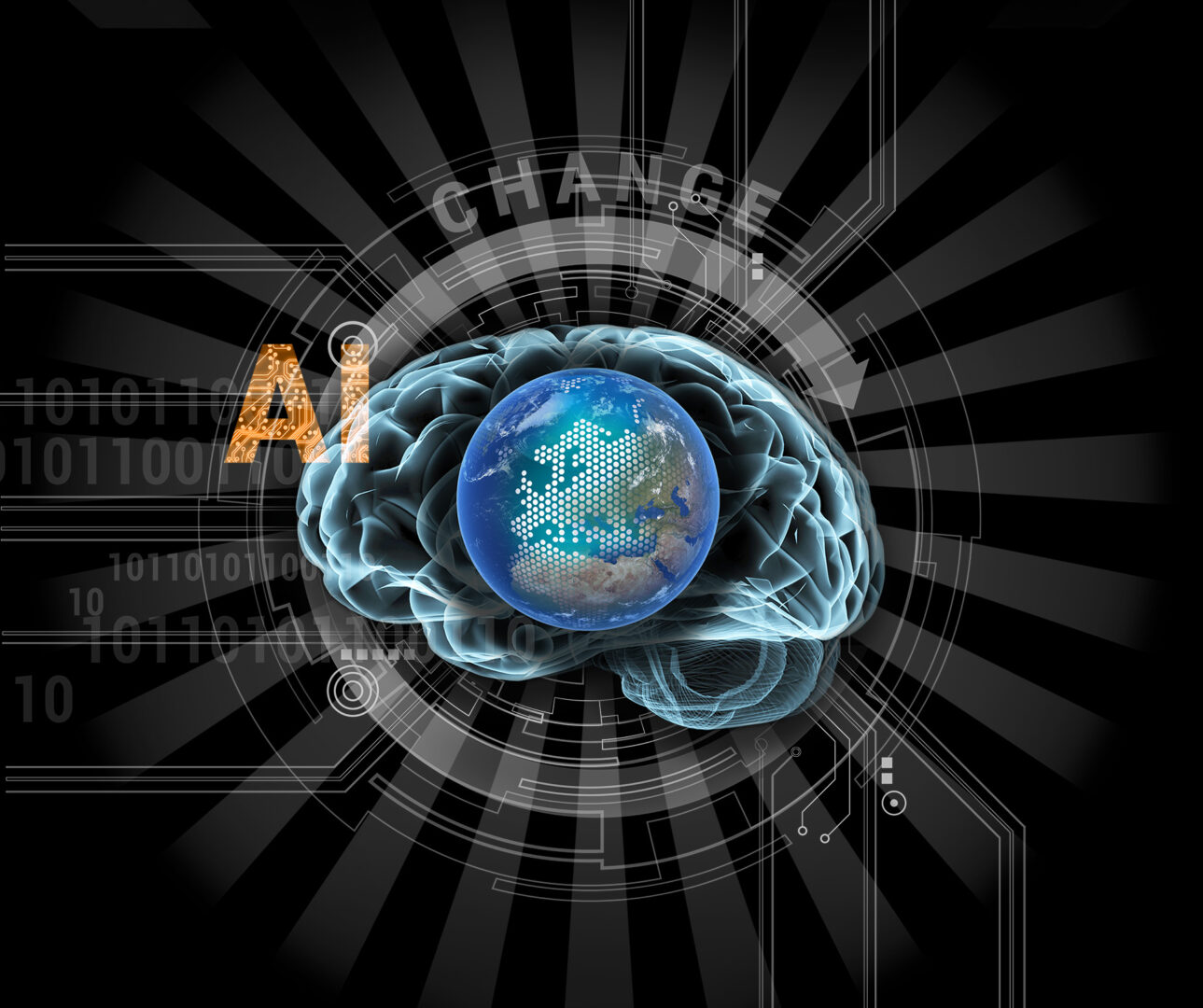Canada has received more than its usual share of attention for its AI capabilities.
Copyright by www.forbes.com
 The country was either prescient or lucky in continuing to fund neural networks research when the US retreated from it in the 1970s and 80s. As a result, Canadian researchers like Geoffrey Hinton, Yann LeCun, and Yoshua Bengio pushed forward the methods we now call “deep learning.” These three researchers won the 2018 Turing Award —often called the Nobel equivalent for computer science.
The country was either prescient or lucky in continuing to fund neural networks research when the US retreated from it in the 1970s and 80s. As a result, Canadian researchers like Geoffrey Hinton, Yann LeCun, and Yoshua Bengio pushed forward the methods we now call “deep learning.” These three researchers won the 2018 Turing Award —often called the Nobel equivalent for computer science.
Canada is also known in AI for its collegial, public/private ecosystems. They incorporate government funding, venture capital, university research initiatives, and private sector sponsorship. The country has well-developed ecosystems driven by academic research centers now in several cities in Canada. Shelby Austin, who leads Deloitte’s AI practice (called Omnia AI) in Canada, helped me understand how the ecosystems work.
The most prominent research centers are in Toronto (centered around the Vector Institute for Artificial Intelligence), the Montreal Institute for Learning Algorithms (MILA) in that city, and the Alberta Machine Intelligence Institute (AMII) in Edmonton. These three research centers received a $125M CAD grant over five years from the Canadian government for a Pan-Canadian Artificial Intelligence Strategy. Each of these research centers, as well as those in other university-rich Canadian cities like Vancouver and Waterloo, has corporate sponsors. However, the centers and the corporate relationships are relatively new, and like most university research centers around the world, are still learning how best to turn theory into commercial practice.
Canada has already demonstrated that these ecosystems can create ideas for how to develop AI algorithms. Not only deep learning—perhaps the fastest-growing AI technology—but also reinforcement learning and generative adversarial networks (GANs) are algorithm types with strong Canadian roots. The remaining question is whether Canada’s AI structures can develop business applications of AI that lead to commercial success for companies and substantial numbers of jobs in Canada. Granted, big companies like Google, Facebook, Microsoft, and Samsung have opened research labs in Canada and have lured Canadian AI experts to come to work for them. But could there be Canadian firms that make hay from AI?
Austin says that the jury is still out on that issue, but there are several Canada-based organizations that are trying to address it by employing an ecosystem-based approach. In Montreal, the most prominent example is ElementAI, a 2016 startup that is attempting to create a series of AI software solutions. It has close ties with Montreal universities, and Yoshua Bengio, a professor at the University of Montreal, is one of its co-founders. It portrays itself as an alternative to firms like Google and Facebook (employers of Hinton and LeCun, respectively), who are viewed as hiring away academic AI talent. […]
Thank you for reading this post, don't forget to subscribe to our AI NAVIGATOR!
Read more – www.forbes.com


Canada has received more than its usual share of attention for its AI capabilities.
Copyright by www.forbes.com
Canada is also known in AI for its collegial, public/private ecosystems. They incorporate government funding, venture capital, university research initiatives, and private sector sponsorship. The country has well-developed ecosystems driven by academic research centers now in several cities in Canada. Shelby Austin, who leads Deloitte’s AI practice (called Omnia AI) in Canada, helped me understand how the ecosystems work.
The most prominent research centers are in Toronto (centered around the Vector Institute for Artificial Intelligence), the Montreal Institute for Learning Algorithms (MILA) in that city, and the Alberta Machine Intelligence Institute (AMII) in Edmonton. These three research centers received a $125M CAD grant over five years from the Canadian government for a Pan-Canadian Artificial Intelligence Strategy. Each of these research centers, as well as those in other university-rich Canadian cities like Vancouver and Waterloo, has corporate sponsors. However, the centers and the corporate relationships are relatively new, and like most university research centers around the world, are still learning how best to turn theory into commercial practice.
Canada has already demonstrated that these ecosystems can create ideas for how to develop AI algorithms. Not only deep learning—perhaps the fastest-growing AI technology—but also reinforcement learning and generative adversarial networks (GANs) are algorithm types with strong Canadian roots. The remaining question is whether Canada’s AI structures can develop business applications of AI that lead to commercial success for companies and substantial numbers of jobs in Canada. Granted, big companies like Google, Facebook, Microsoft, and Samsung have opened research labs in Canada and have lured Canadian AI experts to come to work for them. But could there be Canadian firms that make hay from AI?
Austin says that the jury is still out on that issue, but there are several Canada-based organizations that are trying to address it by employing an ecosystem-based approach. In Montreal, the most prominent example is ElementAI, a 2016 startup that is attempting to create a series of AI software solutions. It has close ties with Montreal universities, and Yoshua Bengio, a professor at the University of Montreal, is one of its co-founders. It portrays itself as an alternative to firms like Google and Facebook (employers of Hinton and LeCun, respectively), who are viewed as hiring away academic AI talent. […]
Thank you for reading this post, don't forget to subscribe to our AI NAVIGATOR!
Read more – www.forbes.com
Share this: